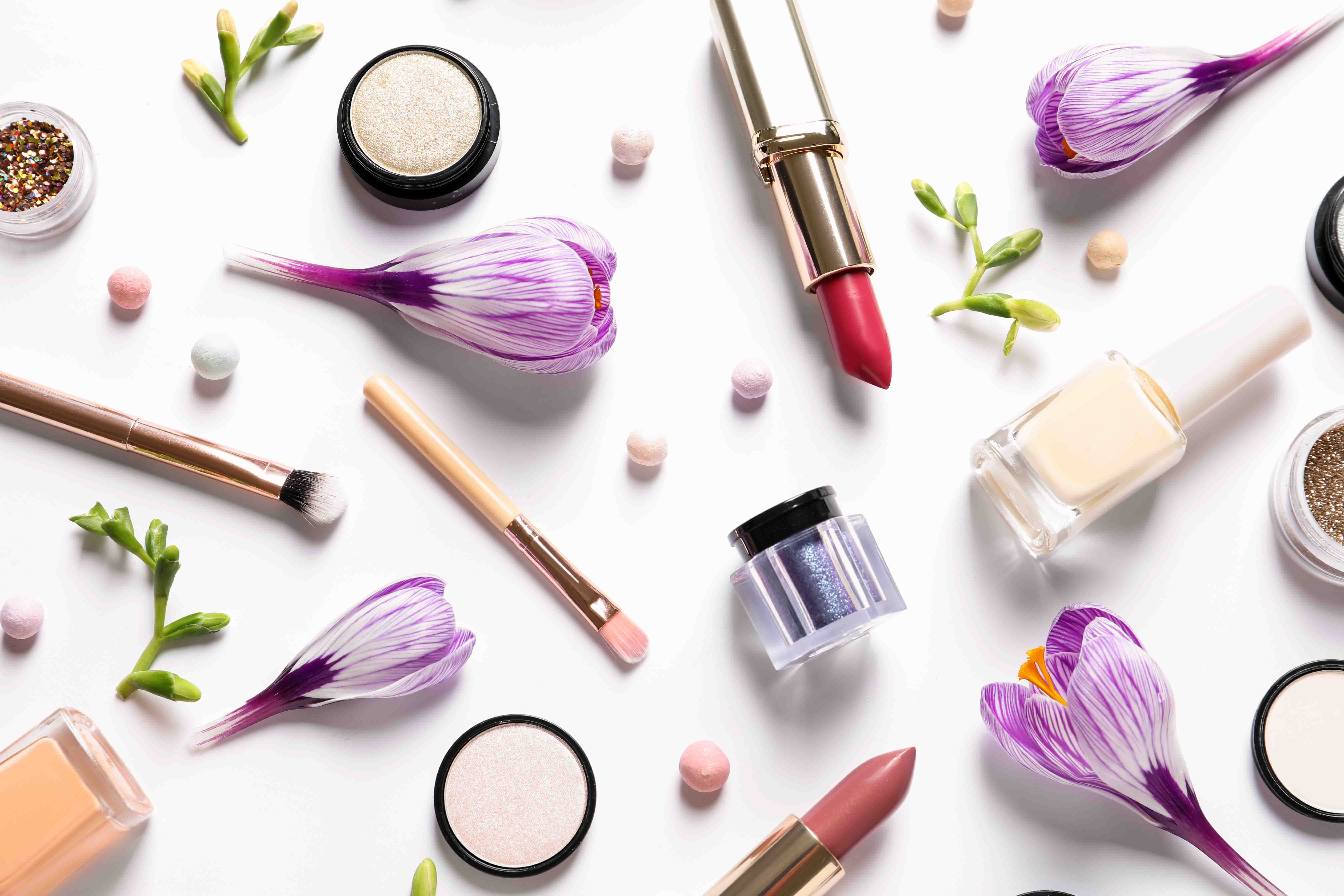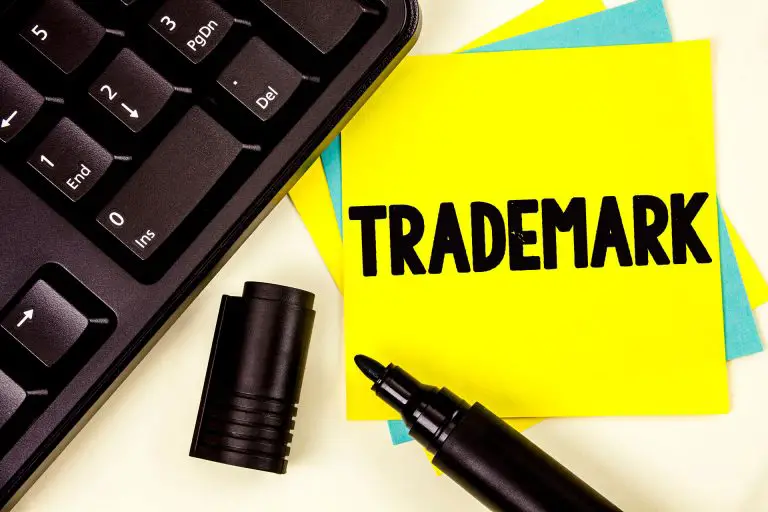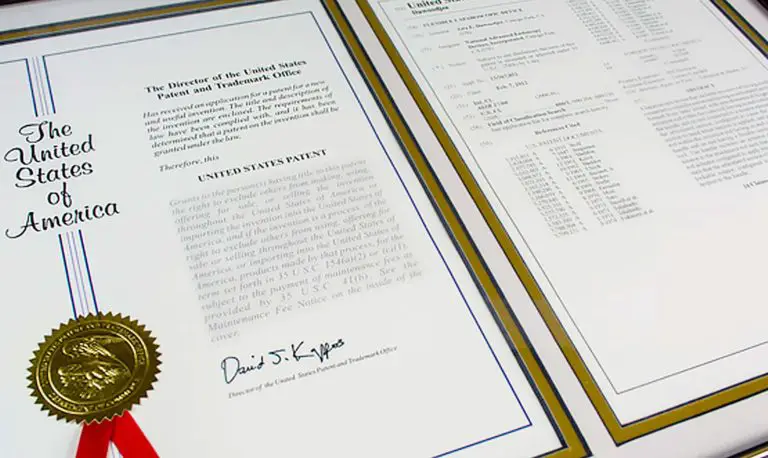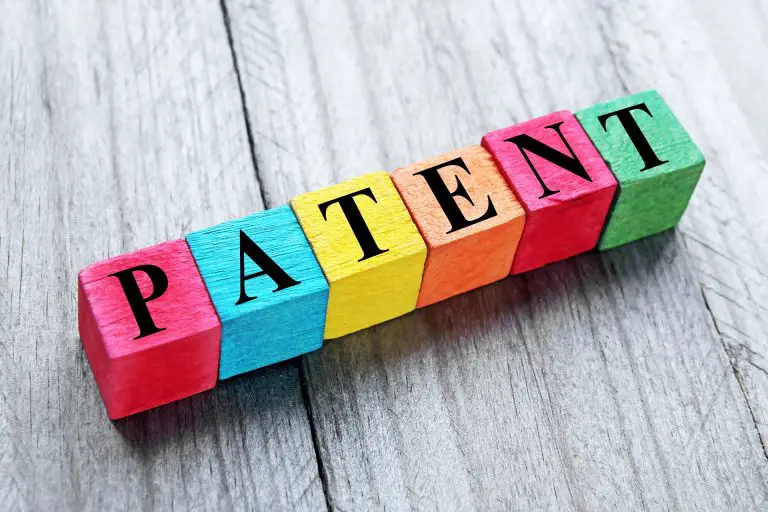Can Cosmetics Be Patented?
Whether you have invented your own cosmetic or you’ve been to Sephora, you may be wondering whether cosmetics can be patented? Patents are a form of intellectual property (IP) protection that allows inventors to monopolize their invention for a limited period of time, usually for 20 years from the time an inventor files his utility patent application with the patent office. So, can cosmetics be patented? We will answer this below.
Can Cosmetics Be Patented?
Yes, cosmetics can be patented but they have to meet the requirements set forth by the patent office to be eligible for a patent. The USPTO (The United States Patent and Trademark Office) has dedicated an entire class to Cosmetics.
Cosmetics are usually made by combining several different, known ingredients to make a new compound. So, to get a patent on your cosmetic, you will have to show that your combination of ingredients qualifies as patentable subject matter, your formula is new and unique, useful, and nonobvious.
For a company or person to patent a cosmetic, they must disclose everything that is involved in making the cosmetic to obtain the best patent protection possible. That means disclosing the specific ingredients and compounds that go into making a cosmetic.
Some companies are reluctant to disclose the secret sauce that goes into their cosmetics. So, if you’re someone who has a cosmetic on their hands, just know that you’ll have to disclose everything in your patent application, which will be made public if the patent office grants your patent.
So, why do people choose to go through the hassle of patenting their cosmetic? They choose to do so because if they’re successful in patenting their cosmetics, they will be granted a monopoly over the cosmetic.
Said differently, they will be able to stop everyone else from using, making, selling, or offering to sell the patented cosmetic for a limited period of time. For utility patents, this period of time is 20 years from the date an inventor files a utility patent application for the cosmetic.
That said, while patents grant you the right to exclude others from making and selling your patented cosmetic formulation, it’s up to you to enforce your rights because the patent office is going to go out and stop others from making a product that’s the same as yours, you have to find copycats and bring lawsuits against them.
Requirements to Patent Cosmetics
Here are some of the requirements that must be satisfied for the patent office to grant a patent for a cosmetic.
1) The Cosmetic Must Contain Patentable Subject Matter
To patent a cosmetic, the patent office requires it to contain patentable subject matter. Said differently, the cosmetic must be something that the patent office would grant a patent for. Cosmetics would fall under this category because they involve a formula or mixture of ingredients. The end product is a cosmetic, which qualifies as a composition of matter. For the patent office to grant a patent, there are still three other requirements that an inventor will have to satisfy to obtain a patent.
2) The Cosmetic Must Be Novel
For the patent office to grant a patent on any invention, the inventor has to show that his invention is novel. Said differently, the inventor has to show that his invention is new, something that no else has ever publicly disclosed and patented before.
For example, if someone takes a formula for a cosmetic from something that was published online, that cosmetic will not qualify for a patent because it has been publicly disclosed. Basically, the cosmetic has to be new to qualify for patent protection.
Now when we say that a cosmetic has to be new, we don’t necessarily mean that every ingredient has to be new, but that the mixture or combination of ingredients must make something that is totally new. Don’t get me wrong, if someone has discovered new ingredients and proceeded to add it to their formula, this definitely supports a finding that a cosmetic is new because no one else has ever used it or patented it.
3) The Cosmetic Must Be Nonobvious
Now that someone has established that a cosmetic is new, they have to show that the cosmetic is nonobvious. What does this mean? This means that the cosmetic has to be something that a person familiar within the field of cosmetic would not find your combination of ingredients to be obvious. To patent a cosmetic, the combination of ingredients or chemicals has to be something that no one had thought of at the time of filing either a provisional or (regular) nonprovisional patent application.
When the patent office judges the nonobviousness of the cosmetic, the patent examiner does so from the point of view of an ordinary person. The examiner will ask whether an ordinary person familiar with cosmetics will find the cosmetic formula to be obvious. This is a subjective inquiry. If the patent examiner concludes that it was obvious, the patent will not be granted. If the patent examiner finds that it was not obvious, the patent will proceed.
What makes something more or less obvious? If you’re simply adding more propylene glycol to a cosmetic, it’s unlikely that the patent examiner will find an invention (cosmetic) nonobvious, because adding this ingredient is something that an ordinary person would find to be obvious. To succeed on the element of nonobviousness, the combination of ingredients has to be one that no one else has thought of combining.
4) The Cosmetic Must Be Useful
To patent an invention, an applicant must show that his invention is useful. Patent applications are rarely rejected on the ground that they are not useful, but it’s still important to note that an invention has to be useful to be patented.
To show usefulness, an applicant has to show that the cosmetic he wants to patent has some identifiable benefit to the end-user. For example, if an inventor has come up with a new facial cream, he can show usefulness by stating that the cream reduces wrinkles or offers sun protection. Either of these benefits will be able to show that your invention is indeed useful and has a useful purpose.
Design Patent on the Packaging of a Cosmetic
In addition to a utility patent protecting the formulation of a cosmetic, inventors can also obtain a design patent to protect the appearance of the packaging for their cosmetics. An applicant can get a design patent on the packaging only if the appearance and design of the packaging are new and unique. So, when you’re consulting with an attorney to patent your cosmetics, ask them about a design patent for the product packaging.
Marketing A Patented Cosmetic
Patenting a cosmetic often makes it easier to sell a product because of the fact that a cosmetic maker will be able to label their cosmetic as “patent pending” while the patent examiner prosecutes their application and they’re able to label it as having a “patented formula” once the patent office approves or grants their patent application.
People view patented products as products that are innovative because, hey! if someone went through the trouble of patenting a cosmetic, it has to be good and do something that other non-patented cosmetics don’t do. So having a patented cosmetic definitely helps with marketing it.
Attorney
If you have a cosmetic or product that you want to patent, you should contact an experienced patent attorney. Patent attorneys have experience in what it takes to get an invention patented. So, find a decent attorney, preferably an attorney who specializes in the type of product that you want to patent and set up a consultation with them. Tell them about your specific case and listen to what they have to recommend. Many patent attorneys offer free consultations, so consult with one and see what they have to say about your specific situation.
If hiring an attorney is too expensive for you, you may be able to patent your invention with the help of a patent agent. Patent agents are licensed by the patent office and qualified to handle matters, such as assisting inventor in preparing and filing their patent application, as well as communicating with the patent office on behalf of their client. Patent agents can be a great resource, especially if you don’t have the budget to hire an attorney.
That said, although the patent office allows inventors to prepare and filing their own patent application, the patent office recommends that inventors consult with and hire an attorney to patent their invention. This is so because patent law is complex and there are a lot of small requirements that must be followed for an inventor to patent his invention.
Cost
The cost to patent an invention varies greatly, but here are some helpful figures. Patent attorneys often charge anywhere between $8,000 and $15,000+ to prepare and file a patent application. The amount an attorney will charge you depends on how complex your invention is, as well as where your attorney is located. Attorneys in different parts of the US charge different amounts, so keep this in mind.
Also, the figures we quoted are just for an attorney to prepare and file your application, if an attorney has to do additional work, such as communicating with the patent office or amending your patent application, the attorney may charge you additional fees to do so.
Patenting a Cosmetic
By now, you should know that cosmetics can be patented, so long as an applicant satisfies the requirements set forth by the USPTO. If you have any general questions or comments, please feel free to leave them in the comments section below.







